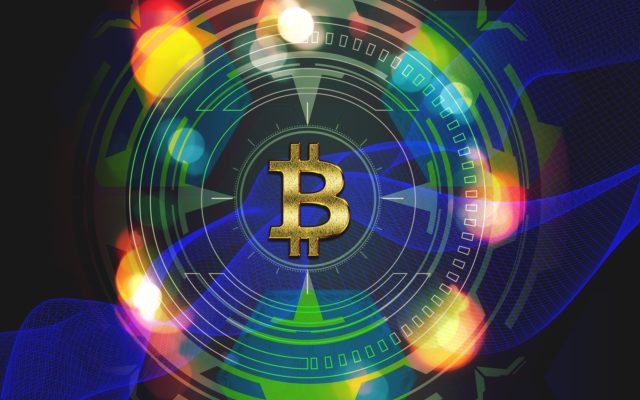While data security was never a luxury or afterthought — it’s always been a crucial component of digital operations — nearly every business, organisation and individual has to worry about it these days, from smartphones and wearable tech to smart home devices and IOT equipment. Just about anything and everything is connected, tapped into a nearby network and both collecting and creating data.
Every day our lives — personal and professional — are spent more and more online, and that amounts to lots of data and digital content. But alongside that, major data breaches and cyber attacks are also commonplace. We need to come up with a better solution for protecting all that information and fast. That’s where blockchain technology fits into the equation.
Blockchain, by nature, is a decentralized digital ledger that facilitates modern online transactions and storage. Although it was originally developed as a means to power and distribute cryptocurrency, such as Bitcoin, it’s seeing something of a renaissance currently in regard to applications.
Is it possible that blockchain can also be used to improve and optimize data security? Are there any solutions active or in development that are already doing such a thing?
How Blockchain Relates to Data Security
In a blockchain, a “block” or chunk is essentially a segment of data. It’s securely packaged and stored and references previous blocks in the chain. Every block or segment becomes part of the complete chain, and collectively, they form a permanent ledger system — there are no methods for deleting or editing blocks after they’ve been added.
A block traditionally carries information about the transaction that took place, and for monetary exchanges, it might also include the value that was involved.
So that the chain remains secure and protected, it’s stored or distributed in a decentralized manner. No single entity, machine or point of contact has control over the system. Instead, it’s similar to a peer-to-peer network in that the entirety of the chain or ledger is spread across multiple nodes — generally separate servers or machines. This process also means that if one machine or device fails, the entire chain and its contents still exist and remain operational on the greater network.
By default, you know that any block in that chain is a verified, authentic segment of data. It has been free of modification or manipulation because the foundational security exists. Furthermore, you know the parties that were involved in the original creation of said block were trustworthy and also had access to the same chain or network.
Resourceful readers can see where this is going. Due to the way blockchain works, it would be incredibly beneficial for data security particularly in regard to data storage and retrieval. The built-in data security features and support mean that it’s an excellent solution and, interestingly enough, one that applies to many additional use cases for the technology as well.
How Blockchain Is Transforming Healthcare Technology
An excellent example of blockchain technologies being used for data security can be seen in modern healthcare. Patient health and medical records are incredibly private and sensitive for obvious reasons. However, in order to make proper use of such data, it needs to be accessible to certain professional health parties.
Doctors, for example, use health records to share information about patient diagnoses, past treatments or even test results. The information is stored in a digital or physical file, which travels with the patient no matter what doctors, hospitals or specialists they see.
The trick is making sure this information is securely housed and accessible to only the appropriate parties. A modified blockchain is the answer. It can actually be used to store this information securely and provide access to authenticated users. In fact, the record — or digital information — is stored within the blockchain, and when necessary, healthcare professionals simply download a temp signature or key to access it. An unaltered, verified version of the content is acquired for review.
Imagine such a system replicated for use with additional file sharing systems or platforms. The possibilities would be limitless. More importantly, the data and information being shared and accessed would remain securely stored and free from outside influence unless absolutely necessary.
Perhaps that’s why blockchain is being rightfully hailed as the next generation of data security platforms.
Article by channel:
Everything you need to know about Digital Transformation
The best articles, news and events direct to your inbox
Read more articles tagged: Cyber Security, Featured







